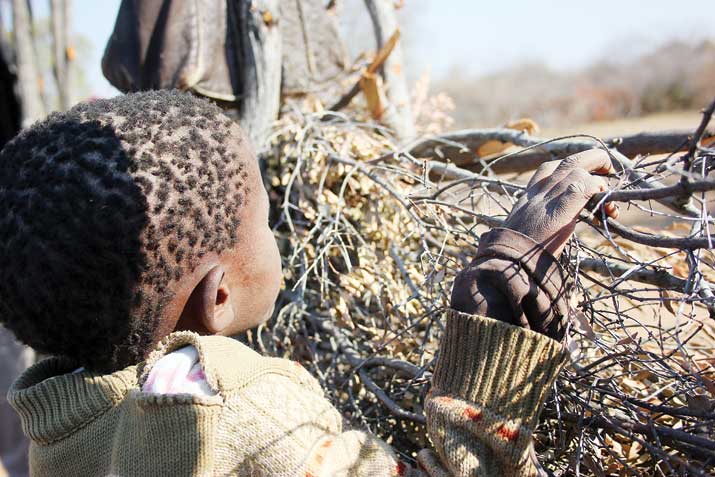Between 7 th and 8th October, the Government of Botswana, in partnership with Conservation International, World Bank, United Nations Development Programme and the Convention on Biological Diversity Secretariat, held a two-day follow-up meeting of the 2013 Gaborone Declaration for Sustainability in Africa. The deliberations focused on the issue of development and sustainability. Thus, will the Gaborone Declaration, like similar interventions, go a long way in ensuring that sustainability assumes pride of place in public discourse?
To provide context, from 24 th to 25 th May 2012, 10 African heads of states; being Botswana, Gabon, Ghana, Kenya, Liberia, Mozambique, Namibia, Rwanda, South Africa and Tanzania, held a two-day summit in Gaborone. The overarching objective of the summit was to dialogue the issue of sustainability in development. This was a welcome development because sustainability issues have assumed pride of place in public discourse as adequately instanced by the Istanbul Declaration (22-23 March 2012) and Rio+20 summit (20-22 June 2012). The summit resulted in the Gaborone Declaration on Sustainability for Africa. Flowing from the Declaration, the signatories committed to implementing all conventions and declarations that promote sustainable development. The overall objective of the Declaration was ‘to ensure that the contributions of natural capital to sustainable economic growth, maintenance and improvement of social capital and human well-being are quantified and integrated into development and business practice (Ministry of Environment, Wildlife and Tourism, Press Release, 10 October 2013).’ Mainly, the Declaration was actuated by the ‘signatories’ realization of the limitations that GDP has as a measure of wellbeing and sustainable growth (ibid).’
The Declaration was based on three action statements. Action Statement 1 (integrating the value of natural capital into national accounting and corporate planning and reporting processes, policies, and programmes, in agreed efforts); Action Statement 2; (building social capital and reducing poverty by transitioning agriculture, extractive industries, mining, fisheries and other natural capital uses to practices that promote sustainable employment, food security, sustainable energy and the protection of natural capital through protected areas and other mechanisms); and Action statement 3 (building knowledge, data, capacity and policy networks to promote leadership and new model in the field of sustainable development and to increase momentum for positive change). Thus, the objective of the follow-up meeting was, according to Deputy Permanent Secretary in the Ministry of Environment, Wildlife and Tourism, Jimmy Opelo, ‘to share progress to date and to formalise the way forward leading to active implementation of the Declaration (BOPA, ‘Effective governance vital’, 07/10/13)’. In addition, the deliberations were anchored in three action statements that were part of the Declaration.
Ending, there is no disagreement that sustainability in development matters and that sustainability must be mainstreamed into development endeavours. The realisation has resulted in a number of interventions; e.g., the Istanbul Declaration (22-23 March 2012) and Rio+20 summit (20-22 June 2012). Thus as much as development is a worthy goal, especially for developing countries, the issue of sustainability is imperative. That is, development should not be pursued at any cost. Hence, one can only hope that the Gaborone Declaration will go a long way in ensuring that sustainability assumes pride of place in public discourse.

